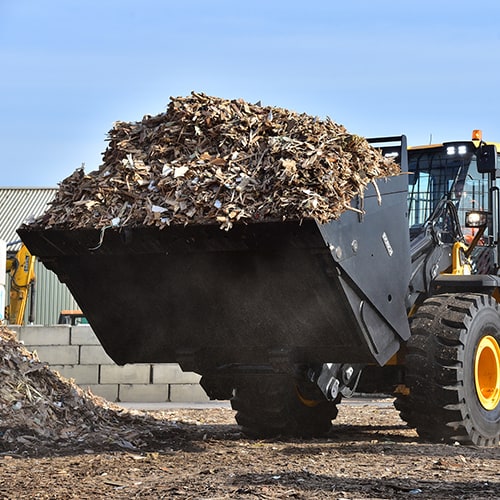Recycling has become a vital component of waste management, providing a long-term answer to the continually expanding issue of trash disposal. Recycling conserves natural resources and reduces pollution and energy use by processing and reusing items that would otherwise wind up in landfills. Effective recycling waste management techniques are essential in today’s society when environmental issues are of the utmost importance. They help to promote a cleaner and healthier earth.
Increasing sensitivity and education:
Creating awareness and teaching people about the advantages and practices of recycling is a crucial part of efficient waste management for recycling. We can enable individuals to make informed decisions about garbage disposal by setting up educational campaigns, workshops, and community initiatives. Furthermore, promoting recycling practices from a young age fosters a sense of accountability and environmental awareness in the coming generations.
Gathering and Separation:
The processes in the recycling process that involve collecting and sorting waste are crucial. Implementing a thorough waste collection system guarantees that recyclable and non-recyclable materials are segregated at the point of origin. This makes processing simpler and lowers contamination, resulting in recycled goods of greater quality. Various strategies can be used to promote effective trash segregation within communities, such as color-coded and open recycling bins.
Effective Recycling Infrastructure:
To handle the increasing amount of waste materials, it is essential to establish effective recycling facilities. These facilities process, clean, and classify recyclable materials using cutting-edge technology. These facilities can handle a variety of materials, turning them into valuable resources, from paper and plastic to glass and metal. Additionally, spending money on research and development might improve recycling processes and make it possible to recycle materials that weren’t previously recyclable.
Approach to the circular economy:
Recycling waste management must also incorporate a circular economy strategy. A circular economy tries to create a closed-loop system where materials are reused, recycled, and repurposed rather than using a linear model of production and consumption. This strategy fosters sustainable economic growth while reducing waste production and the dependency on raw commodities. By integrating eco-friendly methods and incorporating recycled materials into their production processes, industries may significantly contribute to this shift.
Initiatives and Policies of the Government:
The promotion of recycling School Waste Management heavily on the participation of governmental organizations and regulatory entities. Governments can encourage recycling by providing tax breaks, financial aid, and subsidies to the recycling sector. Additionally, they have the power to pass laws requiring the adoption of recycling techniques and implementing sanctions for non-compliance. Promoting public-private partnerships can also aid in the creation of cutting-edge recycling infrastructure and technology.
Complete the Loop:
In conclusion, waste management through recycling is essential to creating a sustainable future. We can build a more eco-friendly and resource-efficient society by increasing awareness, developing effective collecting systems, constructing state-of-the-art recycling facilities, adopting a circular economy strategy, and enacting supportive regulations. No matter how tiny, each person’s participation is essential to closing the loop and ensuring that our trash turns into a resource rather than burdening the environment. Let’s adopt recycling as a way of life to create a more environmentally friendly future.
